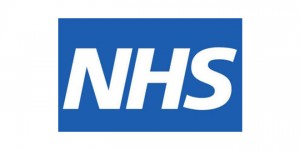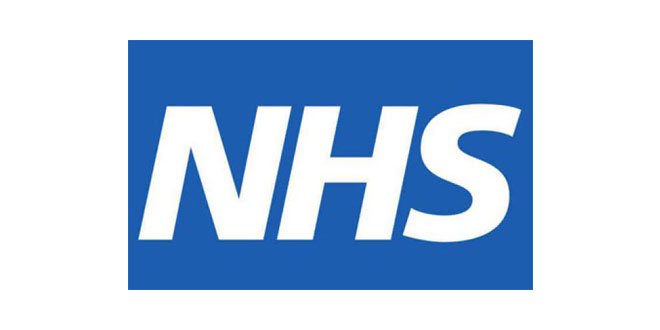Number Of NHS Nurses Falls For First Time Since 2013
 The number of nurses employed by the NHS has fallen for the first time on a year-on-year basis since April 2013, according to a new analysis by The King’s Fund.
The number of nurses employed by the NHS has fallen for the first time on a year-on-year basis since April 2013, according to a new analysis by The King’s Fund.
The analysis, by The King’s Fund’s Director of Policy Richard Murray, shows that there were fewer NHS nurses in post in April this year compared to the previous April, the first year-on-year monthly fall since April 2013. The trend has continued in May and June, with 316,725 nurses in post in June, 703 fewer than in June 2016.
The key factor in the fall, according to the analysis, has been a significant reduction in EU nurses joining the UK register since the EU referendum and changes to language testing requirements, together with an increasing number of EU staff leaving the NHS. The number of NHS staff leaving as a result of ill-health and work-life balance has also increased sharply over the last few years.
The analysis follows Jeremy Hunt’s announcement of plans for a 25 per cent increase in the number of nurse training places and the government’s decision to scrap bursaries for student nurses, which initial indications suggest has resulted in a reduction in successful applicants. The fall in nurse numbers raises questions about the NHS’s continuing ability to ensure patient safety, a key focus for Jeremy Hunt during his time as Health Secretary, and the ability of the NHS to cope with a challenging winter ahead.
- During the early 2000s, the number of nurses grew significantly as NHS spending increased;
- From the beginning of the decade to March 2013, the numbers declined as the NHS entered a prolonged funding squeeze and implemented an efficiency drive;
- From April 2013, the number of nurses increased again as hospitals recruited more staff and were effectively allowed to run financial deficits following the Francis report into the failures of care at Mid Staffordshire Foundation Trust.
The analysis also underlines the mismatch between increases in the numbers of nurses and rising demand for NHS services, with emergency admissions rising over 14 per cent since 2010, a period during which the number of nurses has increased by just 0.7 per cent.
Richard Murray, Director of Policy at The King’s Fund, said: ‘There is good evidence that having enough nurses is essential for delivering safe care, and so it is worrying that the number of nurses is going down at a time when services are already overstretched and the demand for care is rising.
‘This means the NHS is less equipped to cope with the demands of a winter that was already threatening to stretch the NHS to the limit.
‘While last week’s announcement of an increase in nursing training places is welcome, it will take years for this to translate into extra nurses on the wards. Workforce planning has been neglected for too long in the NHS, and the fact that the EU referendum result appears to have tipped the balance highlights how fragile the workforce situation has become. A new workforce strategy is desperately needed.’






